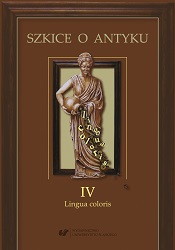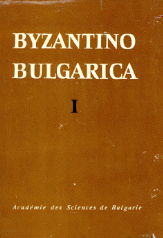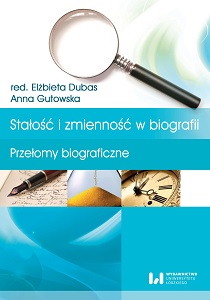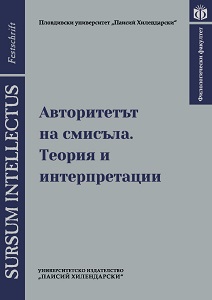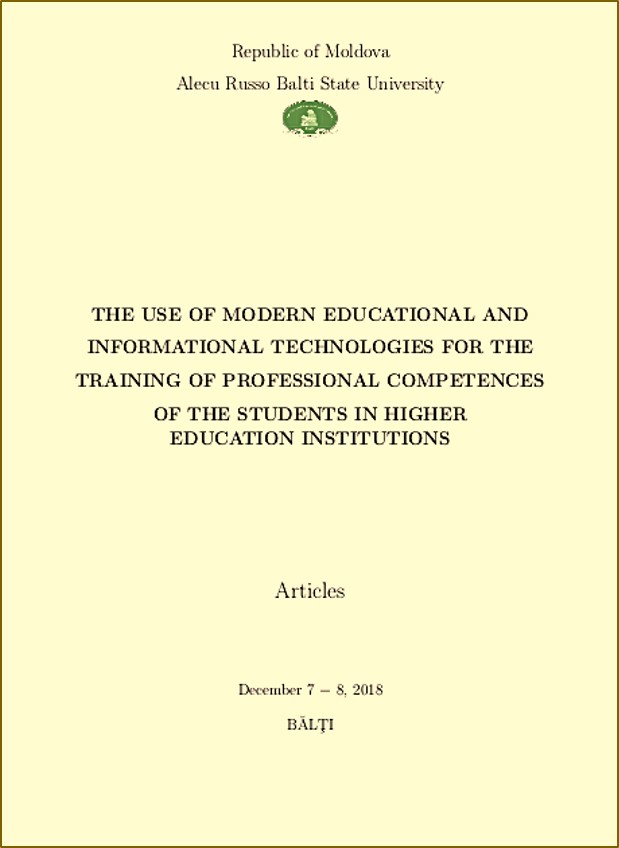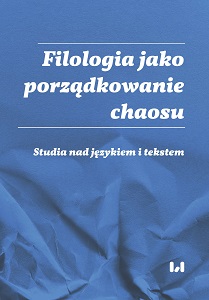Author(s): Renata Marciniak-Firadza / Language(s): Polish
Publication Year: 0
Dialects, constituting one of the most representative varieties of spoken Polish language, result to be an especially fruitful area for the research in expressive vocabulary. This is because, on one hand, they contain a higher diversity of linguistic means used in creation of expressive names than literary language, and, on the other hand, they have an advantage over general Polish with respect to expressive formations. Names referring to humans provide an exceptionally rich material as they are emotionally charged, negatively in the majority of cases. This is due to the fact that expression of feelings and judgments belongs to the area of language behaviors that can be observed in spontaneous direct human contact. Human behavior is subject to a determined set of values developed in a specific environment, and in the countryside, where everyone knows each other, this value assessment is more apparent. This article shall present the richness of the names referring to a person who constantly lies. Derivatives written down during the field exploration of the Lesser Poland and Mazovia border area display a diversification both lexical (e.g. brechacz, chełchun, cmanik, łgacz, kłamiec, picant, wywijas, zbereśnik) and derivational (e.g. kłamca, kłamiec, kłamacz, kłamuśnik, kłamczuk, kłamus; łgun, łgarz, łgus). The purpose of this article is to show the formal exponential values behind the pejorative expressions and semantic elements forming their expressive (pejorative) value found in their formative bases.
More...
